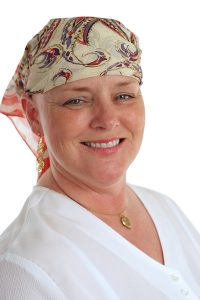You may know that being a healthy weight and exercising can cut your risk of breast cancer, but understanding how to translate these recommendations into action is one of the “critical gaps” in research that can save lives, finds a new study published in Breast Cancer Research.
The study, which comes at the start of Breast Cancer Awareness month, identifies ten critical gaps in breast cancer research. The authors include more than 100 experts.
Developing interventions and support to improve breast cancer survivors’ health and well-being is another gap in the research. Other critical areas where more research is needed include genetics, molecular markers, treatment and tailored screening and survivorship materials. Convincing clinicians to shift their practice into prevention is another area that needs work, according to the study.
You can read all ten gaps the authors identify in the paper.
As the study points out, when it comes to lifestyle change for breast cancer prevention, there remain many unknowns. We don’t know the relative affect of lifestyle changes on lowering the risk of different types of breast cancers, such as ER negative or ER positive. Does the effect of eating habits depend upon whether you are 15 years old or 50? And how many years do these lifestyle interventions offer protection?
For now, what research does show is that on a population level, women can lower their risk of breast cancer by making certain lifestyle changes:
– get to and stay a healthy weight
– be active at a moderate level for at least 30 minutes each day
– don’t drink alcohol, and if you do, have no more than a drink a day
– if you have a baby, breastfeed if possible
Worldwide, breast cancer is the most frequently diagnosed cancer in women, with almost half a million women dying from the disease. In the United States, breast cancer affects approximately 226,000 women every year.
AICR estimates that staying a healthy weight and exercising can prevent 38 percent of US breast cancer cases. That translates into almost 86,000 cases in this country alone that never have to happen.
You can read more about the research on decreasing risk in our Learn About Breast Cancer. And here’s our infographic on preventing breast cancer.





